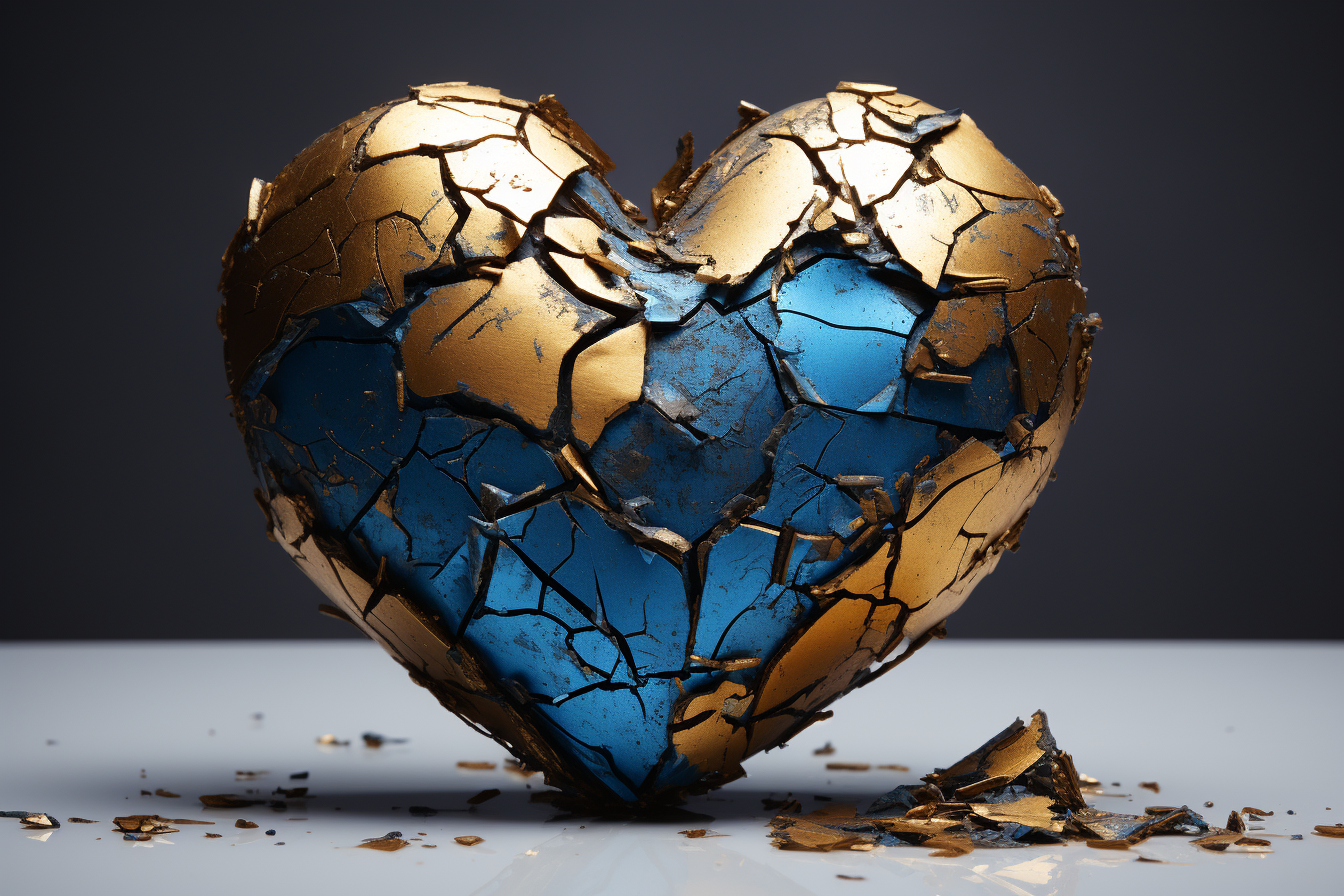
Grief is at the very core of our being.
We carry with us anywhere we go and most of the time, we are not even aware of it. Grief comes in waves and varies in strength and often is unpredictable. This makes grief scary for many of us. In our society, grief is largely connected to the loss of loved ones and something we experience in the aftermath of death. Of course, that is true and certainly is one of the strongest forces to deal with, often one we are ill prepared to deal with. This has many reasons and the most obvious one might be that we now perceive death as a threat in modern times rather than a part of life.
Death has been medicalized and appears to be the thing to beat rather than embrace it.
Medical advances and breakthroughs give the illusion that we may stay young forever an anything else we rather not think about. With such approaches, we have forgotten how to grieve and to understand that grief is part of life, just like joy, happiness, love and excitement. Luckily, grief is patient. It does not abide time and it meets us whenever needed. I learned that lesson on my own life and it hasn’t been easy. I didn’t grow up talking about death or what grieving meant and could look like.
When grief first hit me, I wasn’t prepared at all.
The depth and fierceness of it took my breath away and I have never felt so alone, vulnerable and lost. The waves of grief washed over me and I was drowning. I survived somehow but it felt like one of the biggest battles of my life – to find joy again and to believe and hope life could go on. I had no control over my grief and it took me a long time to realise that surrendering to grief is a healing experience and not the end of the road.
After my first encounter with grief, I felt like I could meet it again and that it was reasonable to expect to welcome grief back into my life at some stage. What I didn’t realise was with what force and because of what it would become part of my life again. When I was diagnosed with multiple scelroris in 2018, I knew my life would change in many ways but I was not aware that grief would become my new and permanent companion.
I started to realise that grief is everywhere in life, we just don’t label it as such.
We call it depression, anxiety, worry, concern, frustration or desperation. Rarely do we look deeper into those emotions to see what is hiding underneath them. We treat them topically and that can be helpful – not every depressive episode and frustrating experience is connected to grief! They can stand alone as events. When these emotions become chronic, chances are increasing that grief is connected to it. For me, it is grieving the loss of my abilities and the person I once was. MS keeps taking from me and at a pace I don’t agree with and with an agenda I am not aware of. The grief of this experience is the only constant line in my life. As much as my disease brings me to my knees and directs me towards facing my grief head on, it also opens up new avenues of healing.
Grief and loss aren’t our enemies, they are our teachers if we let them.
With so many things in life, this isn’t easy and hurts like hell. I have resisted my grief for a long time and even now, I am not a huge fan of it at times. How much more will I lose? As someone who liked to be in control, surrendering to what is has been my greatest challenge. Allowing for grief to be part of my life wasn’t exactly the plan, you know?
Surrendering requires us to have faith and trust, mostly in ourselves.
In a world that tells us that there is always a better way to be and how we are doing is definitely wrong because we are not following this trend or that, trusting ourselves is a rebellious act. People always know better, especially if there is something for them to gain from it.
When we turn our back on a popular narrative and surrender to what is happening for us, healing happens. It is often slow and small but that is not the point. We are used to have everything right here and now. Any healing that occurs thanks to grief matters, no matter how big or small. I am learning that myself. I get impatient and want to be done with it because I am tired of the pain. In those moments, surrendering feels like enduring. That is part of grief, too because at the core of this human experience is a sense of not knowing but living this life anyway – with ALL aspects of it and that includes joy as much as grief.
